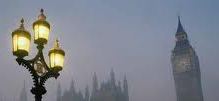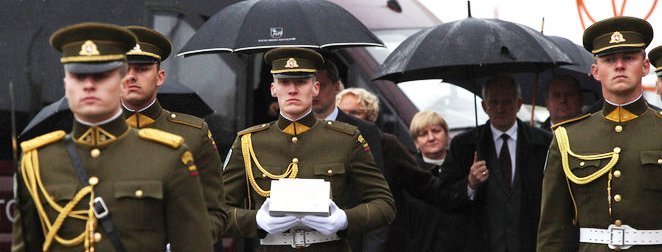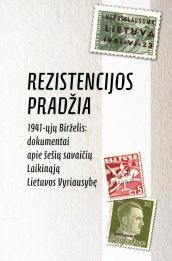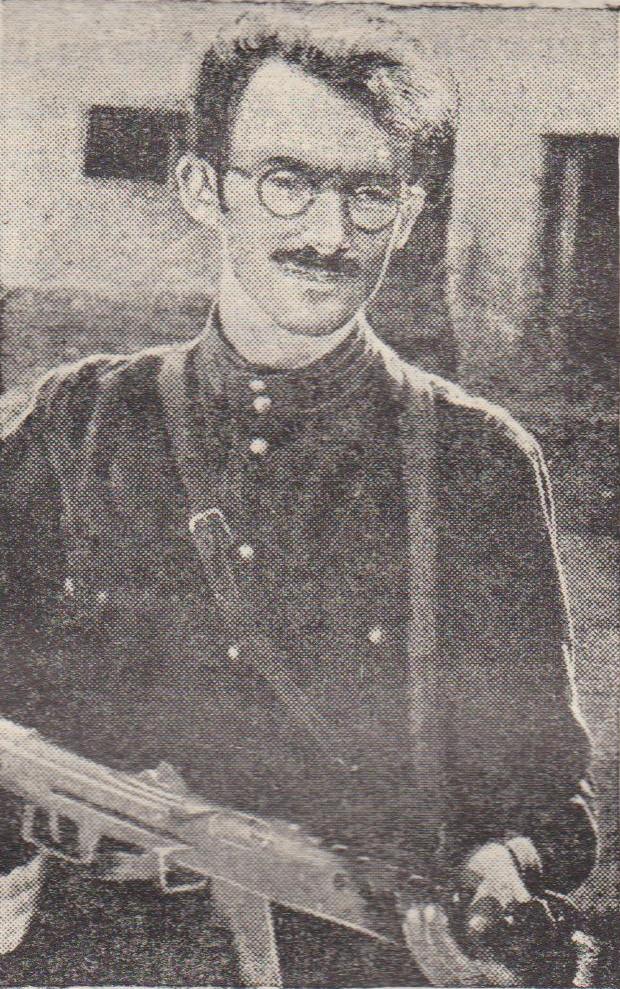Rachel Kostanian, the famed one-woman bastion holding off the state-sponsored hordes of ultranationalist Holocaust revisionism, continues to lead The Green House, as the Holocaust section of Lithuania’s state Jewish museum is known. It is a small wooden structure atop a hall hidden by a long driveway, invisible from the street, in contrast to the other sections of the Jewish museum. In contrast to all the others, The Green House’s exhibits and texts narrate the simple truth about June 1941 and the role of the “white armbander” Nazi militias in initiating the genocide of Lithuanian Jewry, as well as the later and massive collaboration with and participation in the killing throughout the genocide of Lithuanian Jewry. Like others who stand up, and especially those in prestigious academic or cultural positions in Lithuania, she is being subjected to extensive official harassment, degradation, demotion and a campaign of psychological warfare including defamation (see for example, Esther Goldberg Gilbert’s first and second articles in 2010).
It is against this backdrop that Ms. Kostanian’s prominent inclusion, at four separate points, in Professor Danny Ben-Moshe’s new documentary, Rewriting History, acquires special significance here in Vilnius.
The film is available online. Rachel Kostanian’s four appearances are at the following time c odes:
11:16 to 12:12
17:47 to 19:47
21:10 to 21:34
31:20 to 33:16


 MEP Vytautas Landsbergis, former speaker of the Lithuanian parliament and leader of the Lithuanian independence movement in the late ‘80s and early ‘90s, unveiled his latest polemic at a ceremony cum press conference held on the first floor of the Signatarų Namai building in Vilnius’s Old Town on September 11, 2012, the historic site where Lithuanian independence was proclaimed from the balcony to the street below sometime around February 16, 1918.
MEP Vytautas Landsbergis, former speaker of the Lithuanian parliament and leader of the Lithuanian independence movement in the late ‘80s and early ‘90s, unveiled his latest polemic at a ceremony cum press conference held on the first floor of the Signatarų Namai building in Vilnius’s Old Town on September 11, 2012, the historic site where Lithuanian independence was proclaimed from the balcony to the street below sometime around February 16, 1918.